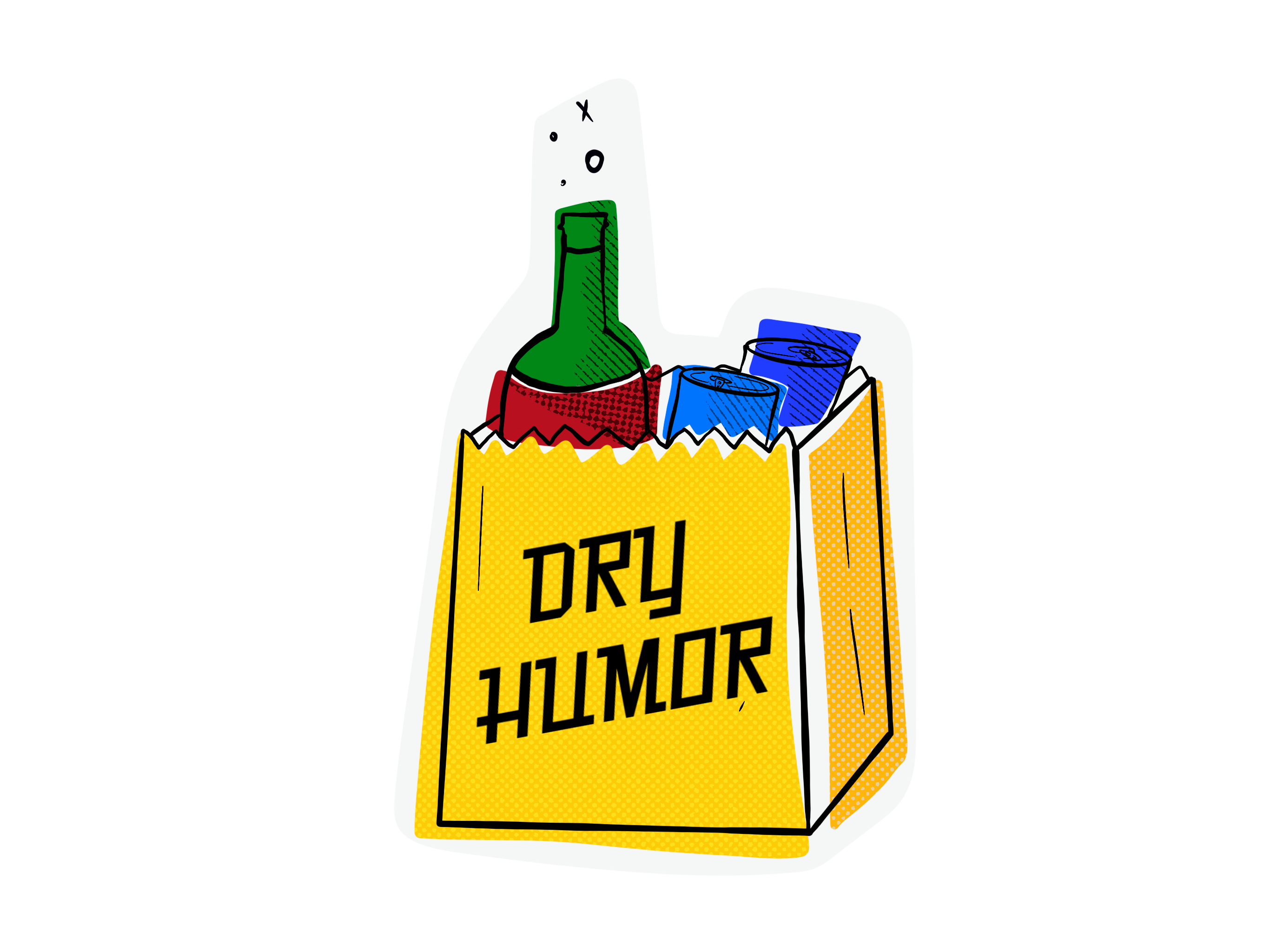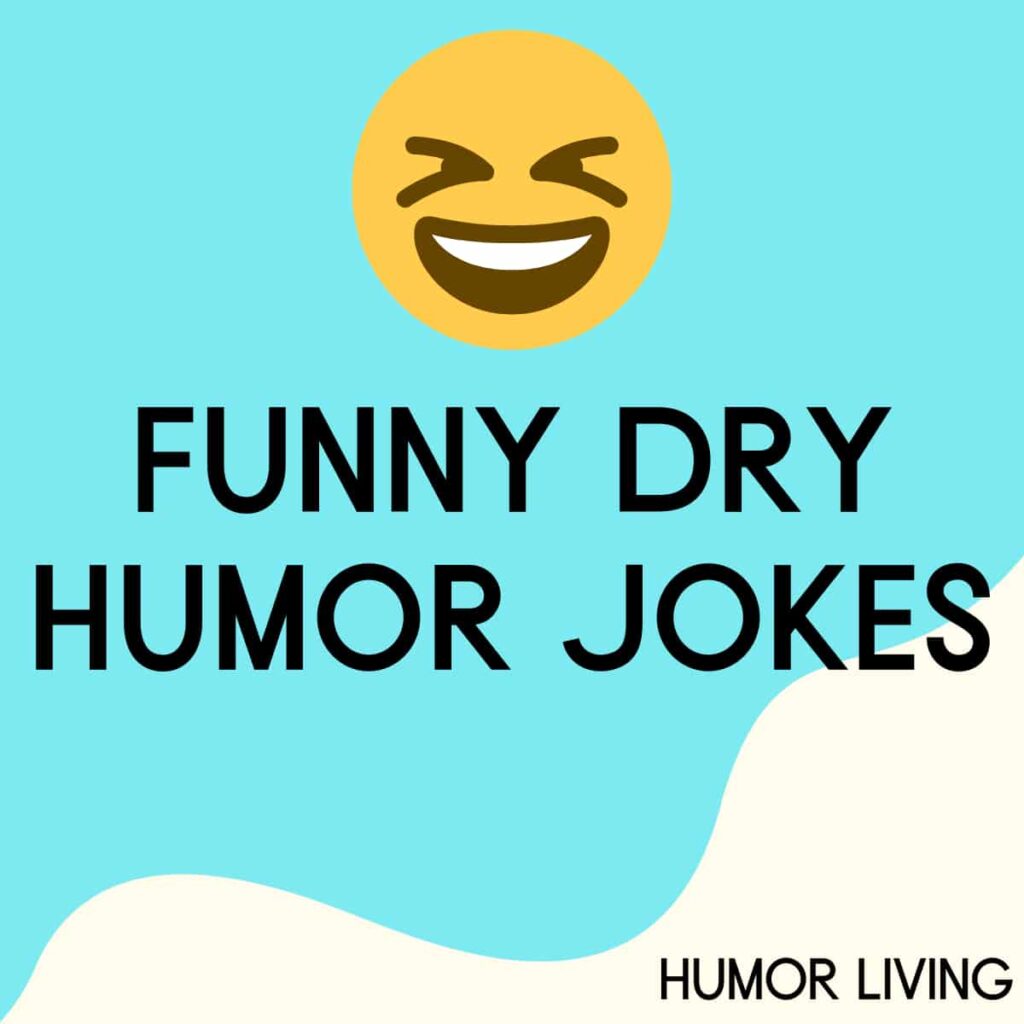Finding something that makes you chuckle, or perhaps even lets out a quiet snort, is a pretty common experience for most folks, wouldn't you say? There are so many ways for humor to show up, from big, boisterous antics to something far more understated. It’s a vast collection of styles, truly, and sometimes the funnier bits come from places you might not expect. We are, you know, often drawn to what feels a little different, a little unexpected in how it lands.
Then there's this particular kind of funny, the one that feels like it was put together with a very fine tool, almost like a craftsperson making something just so. It’s a very precise way of speaking, delivered without much fuss, and a big part of why it works is because of how neat and tidy it appears. It’s not about shouting the punchline, or really, you know, making a big show of it. Instead, the fun often comes from the way it’s said, almost like a statement of fact, rather than a joke.
This discussion will explore this understated type of wit, looking at what makes it tick and how it differs from other ways people try to be funny. We will, in fact, look at its core traits, how it gets presented, and even touch on how it connects with other forms of verbal play. It's about getting a grip on what makes this quiet kind of funny so effective for many people.
Table of Contents
- What Is Dry Humor- Really?
- The Subtlety of Dry Humor
- Masters of Dry Humor
- Is That Dry Humor- Or Something Else?
- The Delivery of Dry Humor
- Sarcasm and Dry Humor
- The Essence of Dry Humor
- A Final Look at Dry Humor
What Is Dry Humor- Really?
When we talk about dry humor, we're really talking about a way of speaking that comes across as very cool, very collected, almost like someone presenting a fact. It's very much on purpose, you see, and a big reason why a dry joke gets a laugh is because of how carefully it's put together. It's not loud or flashy, but rather, it holds back, letting the listener do a bit of the work. This style, in some respects, asks you to pay attention to the exact wording and the way it’s said.
How Does Dry Humor Work- Its Distinct Approach?
Think about humor that's, say, the least bit dry. That kind of funny could almost be like a circus act, where the surprising part is often quite obvious and spelled out for everyone to hear. With dry humor, though, the funny bit is often something you have to think about for yourself, left a little bit to your own thoughts. It’s a very different approach, where the speaker doesn't really give you a wink or a nudge, you know? It's just there, waiting for you to pick up on it. This means the speaker often maintains a very straight face, which adds to the effect.
The Subtlety of Dry Humor
Despite its understated style, dry humor is, in fact, still humor, and it can be incredibly effective. There are people who make a living telling jokes in this way, and they are quite good at it. They don't rely on big gestures or loud voices; their skill lies in their ability to deliver a line that sounds perfectly normal, yet holds a hidden layer of wit. It's almost as if they're just having a regular conversation, and then, suddenly, a moment of funny happens. This quiet presentation is a key part of its appeal, honestly.
What Makes a Dry Humor Joke Land- The Listener's Role
A lot of humor is, basically, very clearly a joke. You hear it, and you know right away that someone is trying to be funny. Dry humor, on the other hand, comes out so naturally, with no sign that a funny comment has been made, that it sounds like a completely ordinary thing to say. You really have to, you know, sort of lean in and catch the meaning yourself. It’s a kind of humor that respects the listener’s ability to connect the dots, making them a part of the fun. This makes the payoff feel more personal, in a way, when you finally get it.
Masters of Dry Humor
Some people are truly exceptional at this kind of understated funny. For example, you might look at folks like Steven Wright, Mitch Hedberg, Dimitri Martin, and Todd Barry. These individuals have made a name for themselves by using this particular style of wit. Todd Barry, in particular, is someone who really, really gets it right. Their performances often feel like casual chats, yet they are packed with clever observations that sneak up on you. It's quite something to see how they manage to make people laugh without ever seeming to try too hard, honestly.
My Personal Favorite Dry Humor Moments
When it comes to my absolutely, you know, top pick for a dry humor film, it has to be Alan Partridge, specifically "Alpha Papa." It's one of those films I've watched more times than I can count, and for the longest stretch of time, each viewing revealed something new or made me laugh in a fresh way. There’s something about the character and the situations that just perfectly captures that understated, slightly awkward kind of funny. It is, to be honest, my definite preference, and there’s no changing my mind about it. The humor is so well-placed, and the delivery is spot on every single time.
Is That Dry Humor- Or Something Else?
Sometimes, you hear something and you wonder, "Is that dry humor, or is it something else entirely?" It's not always easy to tell, especially because the line can be a bit blurry. I, for one, have no real idea if a particular funny comment counts as dry humor or not, and I’d actually like to get some thoughts on how to get better at picking it out, or even creating it. This kind of humor can be subtle enough that it might just float right by you if you're not listening carefully. It really makes you think about what makes something funny, doesn't it?
German Humor and Dry Humor
It's interesting to consider how different cultures approach funny things. German humor, for instance, often thrives on clever plays on words, a bit like those "dad jokes" we have, which are almost impossible to translate well into another language. The structure of the language, you see, lends itself to those kinds of clever twists. While not always strictly dry humor, there's often a precision to it that shares some characteristics with the dry style. The careful construction of the words is what makes it work, and that, in a way, mirrors the deliberate nature of dry humor.
The Delivery of Dry Humor
Dry humor, as we've talked about, is delivered so naturally, with no hint that a joke has been made. It’s such a normal thing to say that you really have to, you know, kind of figure it out yourself. The person speaking doesn't change their tone much, doesn't pause for effect, or really give any signal that they've just said something funny. This understated presentation is what makes it so distinctive. It asks you to be an active participant in the funny moment, rather than just a passive receiver. It's quite a clever trick, actually, when you think about it.
Dry Humor and Emotional Response
So, a dry funny comment was once thought of as one without a very strong feeling behind it. Of course, words tend to shift and change their meanings over time, and we no longer, you know, follow the old idea of fluids controlling our feelings. But the core idea of "dry" in this context still means something that lacks overt emotion or embellishment. It’s a very calm, cool presentation, which is why it doesn't usually provoke a big, booming laugh, but rather a quiet smile or an inward chuckle. It's a subtle kind of funny that settles in rather than bursts out.
Sarcasm and Dry Humor
Sarcasm, you know, can be very quiet, or it can be quite loud, it can be funny, or it can be a bit annoying. It can show up in many ways, and that includes being delivered in a dry manner. There really isn't just one way to be sarcastic. It can be said almost as if you’re, well, just stating a fact, without any obvious hint of its true meaning. This overlap is pretty clear, as both often rely on a gap between what is said and what is truly meant, requiring the listener to pick up on the underlying message. They are, in a way, close relatives in the world of wit.
The Essence of Dry Humor
Someone like Waugh, for instance, is seen as the very best at making fun of things through writing, and his funny observations are even more parched than a very dry drink. I tend to compare him with PG Wodehouse because their funny stories often show the same kinds of situations and people, but their approaches are quite different. In this particular situation, "dry" isn't the opposite of "wet," but it means something that is plain, something that doesn't have a lot of extra decoration, like a very plain report. The online word history book, Etymonline, shows that the word has been used in this way for a long time. This gives us a good idea of why this kind of funny got its name, doesn't it?
My own favorite kind of funny is, in fact, dry humor. It’s when you say something that is funny, but it’s usually quite direct, a bit biting, and presented with a very calm, expressionless face. It’s the kind of humor that doesn’t really announce itself, but rather just exists, waiting for the listener to catch on. It might start with something like, "A priest, a drunk, and a child," which is a setup that often leads to this kind of understated, clever punchline. The bluntness and the lack of a strong emotional display are what really make it stand out. It’s a subtle art, to be sure.
A Final Look at Dry Humor
So, we've gone over what dry humor truly means, looking at its precise and deliberate nature, and how it differs from more obvious forms of comedy. We explored how it asks the listener to piece together the funny parts, rather than spelling them out. We also touched on some people who are very good at it, and even considered a personal favorite example. We discussed the fine line between what counts as dry humor and what doesn't, and how other forms of wit, like German wordplay and sarcasm, can share some of its characteristics. Finally, we considered its calm delivery, its historical connection to a lack of strong feeling, and the core idea of "dry" meaning plain or unadorned. It's a type of humor that truly rewards careful listening and a bit of thought.


